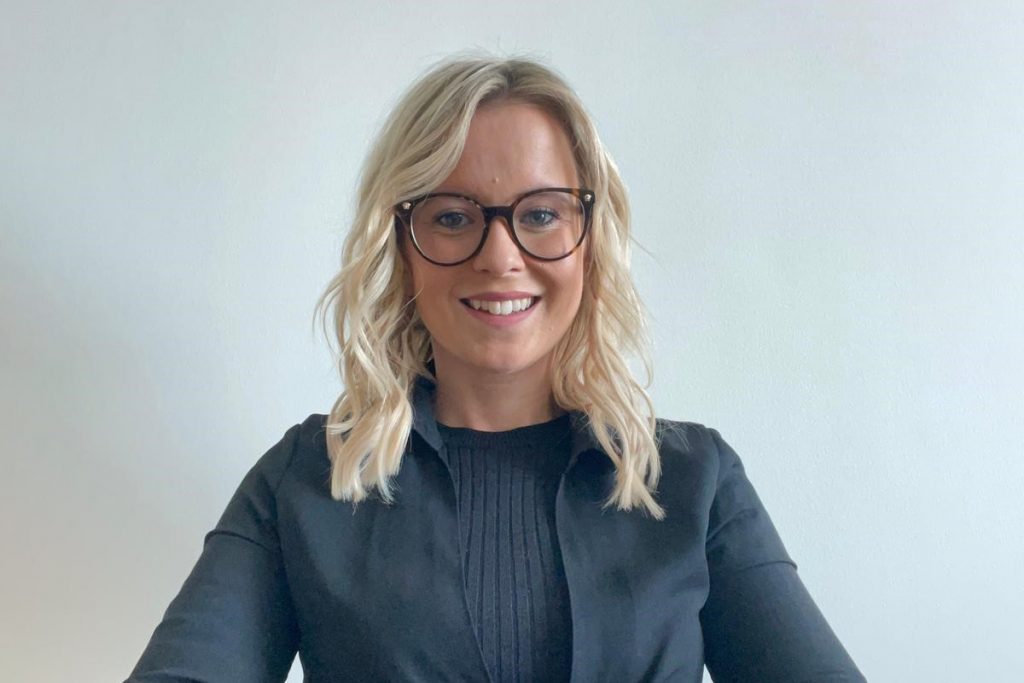In a year that saw several government-led initiatives towards increasing the number of Emiratis employed in UAE’s private sector, it comes as no surprise that Michael Page reported increased interest from private sector entities looking to hire or gain knowledge around hiring UAE nationals.
In Q4, the recruitment firm indicated it saw a huge shift in the market with strong, qualified UAE national candidates receiving multiple offers, the busiest the Emiratisation job market has been.
“The forming of the Emiratisation HR Development Council & the second set of Projects of the 50 will further drive and develop the UAE National labour market and the engagement of the private sector with Emirati talent,” wrote Samantha Wright, managing consultant Michael Page, Emiratisation in the forward for the company’s report on Emiratisation hiring insights.
“Emiratisation is one of the key discussions we are having with private sector clients in the UAE, especially within the banking sector, given the increased Emiratisation quota in this sector, initiated early in 2021,” she added.
Emiratis are not only looking for attractive salaries and financial benefits when joining a company, they are also looking for learnings and career progression, and how their work can directly impact business growth.
Mental health and other insights
When it comes to mental health, only 10 percent of candidates said they experienced a sense of isolation whilst working from home.
Close to 34 percent felt their manager has shown empathy and understanding towards their mental health while 34 percent did not report a change in their work-life balance.
Around 58 percent of respondents said their present or last company communicated about mental health, and 66 percent reported that their employers set up actions or policies to address the issue.
These results are in line with the high levels of willingness on part of candidates to talk about mental health where 27 percent of candidates polled said they felt confident to talk about mental health with their managers, 36 percent with their family members, 35 percent with their friends and 37 percent with doctors or mental health professionals.
Only 21 percent said they felt confident to talk about mental health with their HR department, suggesting that there’s still some stigma attached to this in the workplace.
The majority of the report’s respondents believe that companies should lean in more strongly on flexible work patterns and consider policies like banning emails and meetings during non-official working hours, as well as launching “well-being” initiatives running the gamut from meditation workshops to mindful eating courses.

Other popular ideas include better communication with managers to control time and task planning (38 percent) and employee recognition programmes (32 percent of respondents).
Michael Page surveyed UAE national candidates to discover their thoughts on their skill sets, training & development, and on what they think are the top soft skills employers are looking for.
Even though 50 percent of job applicants with Michael Page are currently unemployed, 96 percent think they have the skills they need.
This generation of job applicants takes training seriously with 40 percent of them having participated in a webinar and 53 percent took a training course since the start of the pandemic
The respondents took training to improve their current skills (55 percent), develop new skills related to their role (59 percent), or to prepare for better roles in the future (45 percent).








